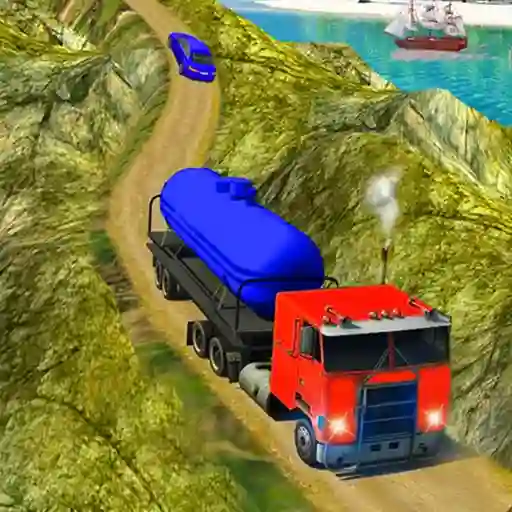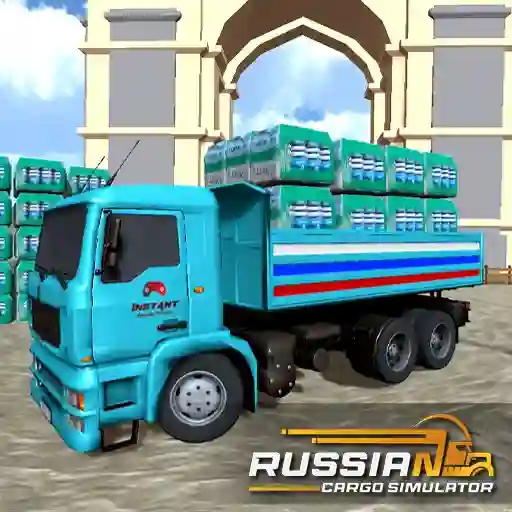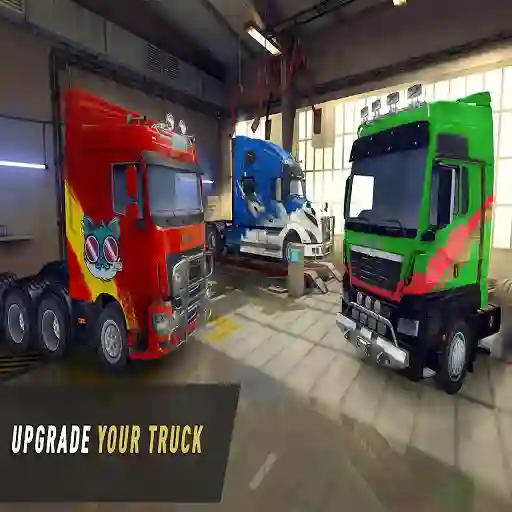










Cargo games are a type of simulation game where players manage logistics and transportation systems, focusing on the movement of goods, materials, and resources. These games often emphasize strategic planning, resource management, and optimization of delivery routes. Players typically take on the role of a logistics manager, overseeing the transportation of cargo across various environments, such as cities, factories, or even entire countries.
Key features of Cargo games include: • Supply chain optimization: Ensuring goods are delivered efficiently and on time. • Vehicle management: Operating and maintaining a fleet of trucks, trains, ships, or airplanes. • Time constraints: Meeting deadlines to avoid penalties or financial losses. • Economic simulation: Managing budgets, fuel costs, and workforce to maximize profit. • Dynamic environments: Adapting to challenges like traffic, weather, or mechanical failures.
Players must balance speed, cost, and reliability to succeed, making Cargo games appealing to fans of strategy, simulation, and economic management genres.
What makes Cargo games different from other simulation games?
Cargo games focus specifically on logistics and transportation, offering a unique blend of economic strategy and operational management that sets them apart from general simulation games.
How do I maximize efficiency in Cargo games?
To maximize efficiency, optimize your routes, upgrade your vehicles, and balance your workforce. Regularly monitor your budget and adjust your strategies based on changing conditions.
Are Cargo games suitable for casual players?
Yes, many Cargo games are designed with accessible gameplay, allowing casual players to enjoy the experience. However, deeper strategic layers and complexities make them appealing to hardcore gamers as well.